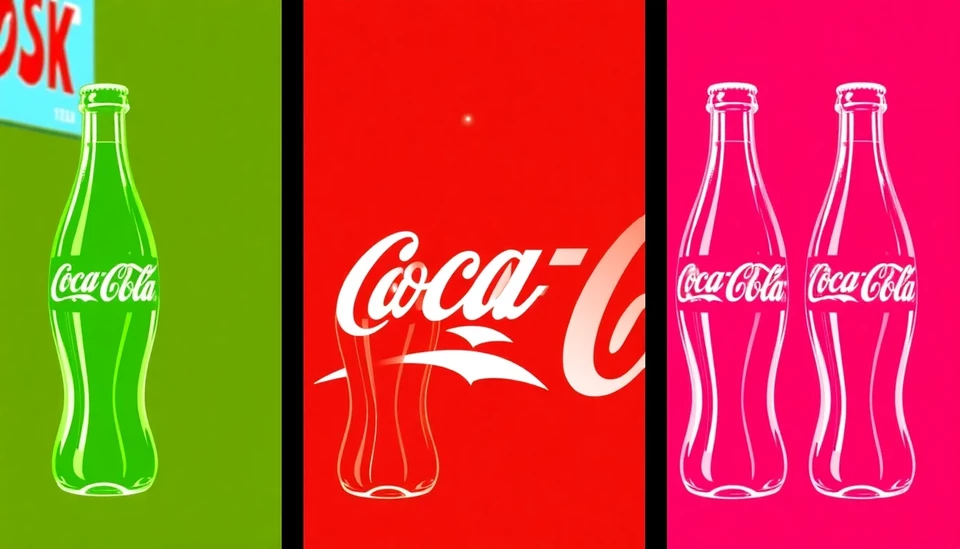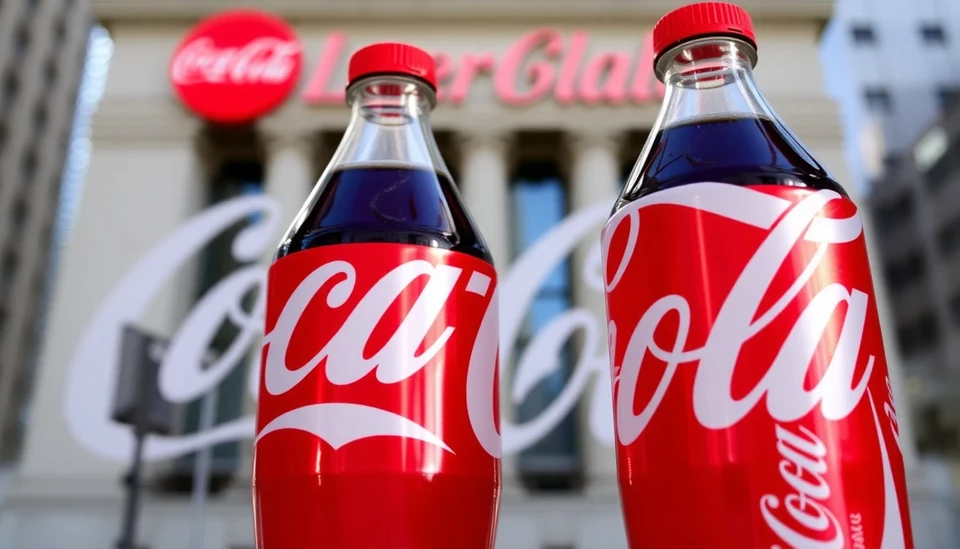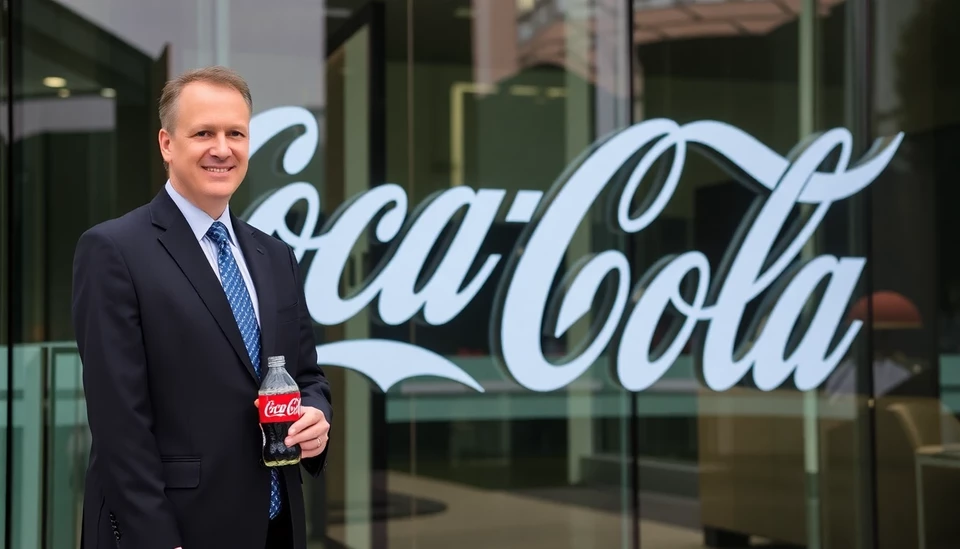
In a recent statement, Coca-Cola has cautioned its stakeholders regarding potential adverse effects stemming from modifications to its diversity, equity, and inclusion (DEI) initiatives. This announcement sheds light on the beverage giant's ongoing commitment to fostering an inclusive environment, while simultaneously addressing the challenges that come with altering established programs.
The company emphasized that it has long been dedicated to promoting diversity within its workforce and encouraging an equitable work culture. However, as the socio-political climate shifts, shifting strategies to remain relevant and effective in DEI may pose unexpected risks. Coca-Cola's executives noted that alterations in these initiatives could lead to disruptions, affecting employee morale and overall organizational dynamics.
In its financial outlook, Coca-Cola acknowledged that the potential fallout from these changes could impact business operations, including sales and market positioning. Investors are increasingly focused on companies' commitments to DEI, and Coca-Cola's ongoing attempt to navigate this terrain is critical for maintaining its brand reputation and customer loyalty.
The beverage multinational is exploring various approaches to enhancing its DEI efforts to not only meet internal objectives but to respond effectively to external expectations. This shift is essential in maintaining a positive public image, especially in light of heightened scrutiny from both consumers and investors regarding corporate responsibility and ethical practices.
Coca-Cola's leadership stated that any setbacks resulting from the alteration of DEI strategies could be temporary, but they underscored the importance of strategic planning and communication throughout the process. Keeping employees informed and engaged will be crucial in minimizing negative consequences and ensuring that the organization's values align with its operational goals.
As Coca-Cola navigates this intricate landscape, it will be vital for the company to monitor the potential ripple effects of these changes closely. Companies across various sectors are reevaluating their DEI programs, and Coca-Cola's experience may serve as a significant case study for others in the industry.
Ultimately, Coca-Cola remains optimistic about its ability to adapt to these challenges. By reinforcing its commitment to inclusivity while responding to the evolving needs of its workforce, the company aims to emerge stronger and more united in its mission to provide refreshment and value to customers around the globe.
As stakeholders look ahead, all eyes will be on Coca-Cola to see how effectively it manages these changes and maintains its leadership position in the beverage industry while upholding its social responsibilities.
In conclusion, Coca-Cola's recent warnings about the potential negative impacts of changes to its DEI programs serve as a stark reminder of the complex interplay between corporate strategy and social responsibility. The company is at a pivotal moment, and its forthcoming actions will undoubtedly shape its path forward.
#CocaCola #DEI #DiversityEquityInclusion #CorporateResponsibility #BusinessStrategy #WorkplaceCulture #InvestorRelations
Author: Samuel Brooks




